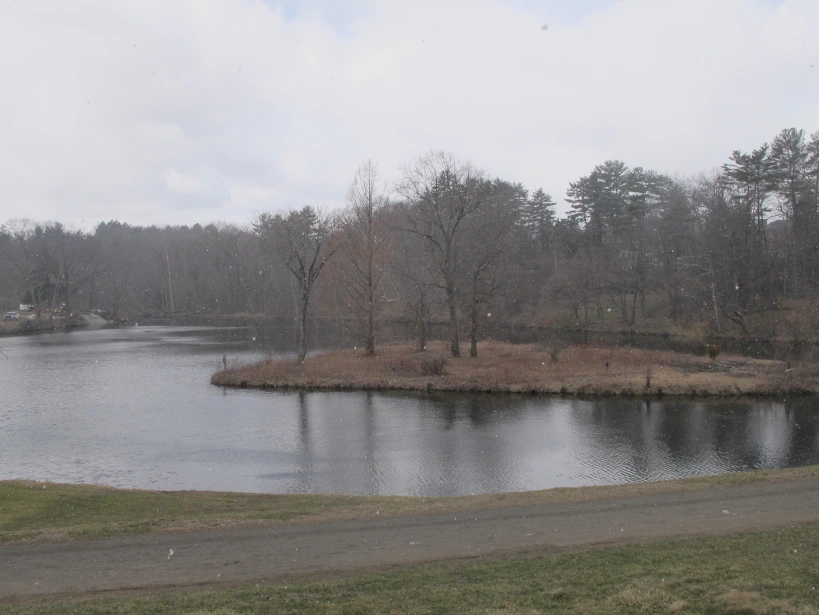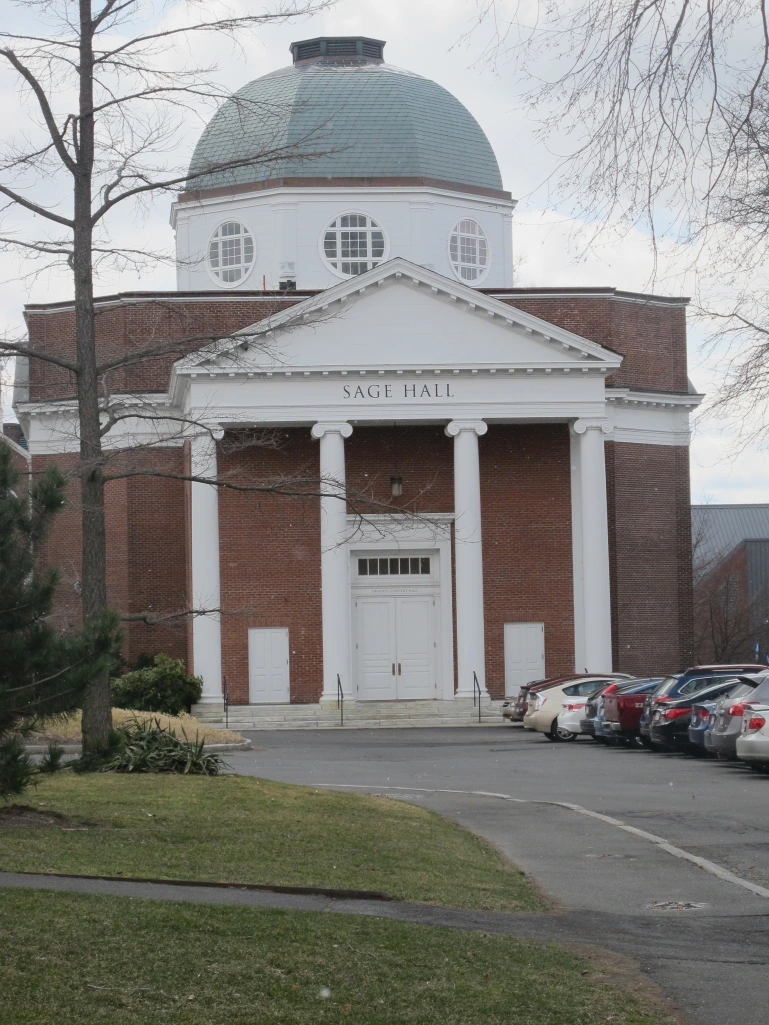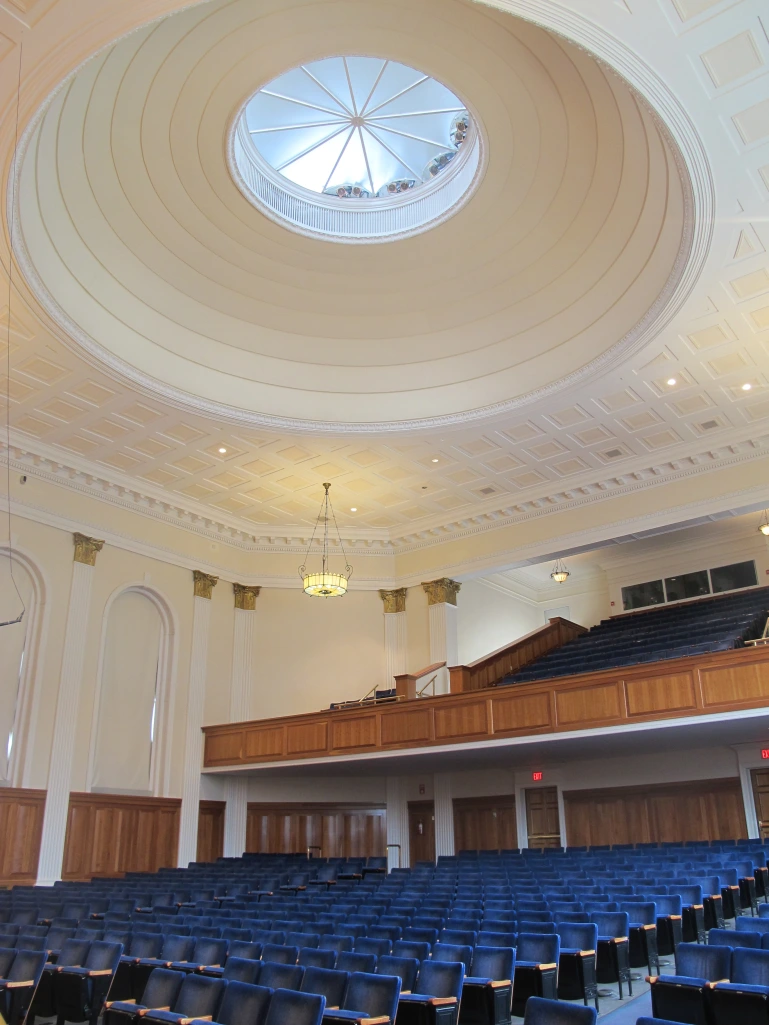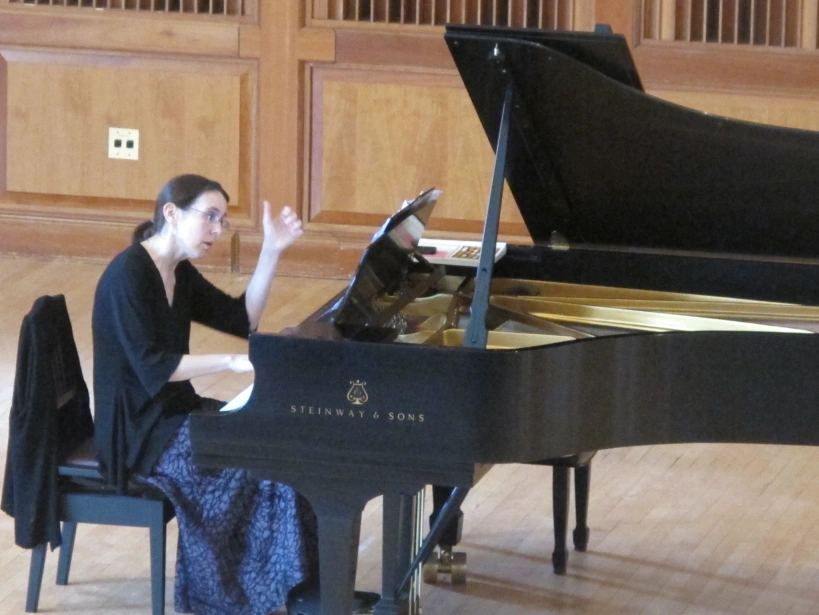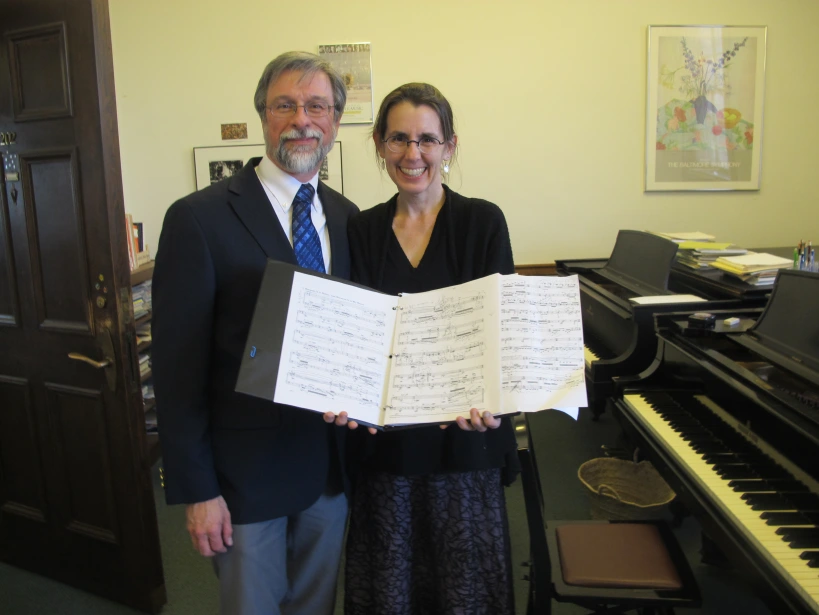The piano consortium commission is finished. I sent out the remaining two movements this past week, completing a set of five that will run about 13 minutes.
The first movement is quite bleak - here’s an excerpt:

A nice cheerful way to start a piece, don’t you think? The movement stays in the bass clef for most of its duration, tries to ascend, crescendos as it goes, the rapid figures get more and more wild, the music reaches the middle of the keyboard - but then collapses back to the depths. The title for this movement is from a Stephen Crane poem:
In the desert
I saw a creature, naked, bestial,
Who, squatting upon the ground,
Held his heart in his hands,
And ate of it.
I said, “Is it good, friend?”
“It is bitter–bitter, ” he answered;
“But I like it
“Because it is bitter,
“And because it is my heart.”
(Those closing lines also serve as the title of a novel by Joyce Carol Oates, a fact unknown to me until I googled the Crane.) This first movement is followed by a moderato that is mostly in the treble clef. (There is an excerpt here.) The contrast of registers is a strategy I learned from playing sets of piano pieces by Crumb and Martino. In Crumb’s Makrokosmos, Volume I, the first piece is similarly focused on the lowest register - the figure at the top of the keyboard at the end of that movement is startlingly fresh, as is the next movement - which is all in the treble clef. (Once, in the Netherlands, I had to play Mak. I on an old piano with fewer than 88 keys, which required a quick adjustment to the end of the first movement!) Crumb’s use of short, sharp gestures in a higher register for the second movement serves not only to contrast with the opening movement, but also takes advantage of the resonance created by the low cluster held over from the first movement with the sostenuto pedal. The high staccato sounds excite sympathetic vibrations in those freely sounding bass strings. In the third movement, Crumb keeps the low cluster and mostly stays in the upper register again, though adding a few long-ringing bass notes. The Martino piece I am thinking of is another big set of relatively short movements, the Fantasies and Impromptus. Here the first movement is registrally quite wide-ranging; even the very first phrase spans the keyboard. The second movement resides in the upper half of the keyboard - the restriction of register and the resulting airborne texture provides welcome contrast with the previous movement. It is like chamber music after the full orchestra of the first movement. We worry so much about fine distinctions in composition, trying to find exactly the right pitch - as well we should; but the grosser distinctions - whether a passage or an entire movement is mostly high notes or mostly low notes - can be more important than one might think.
The central movement of my set is a “Gigue-Scherzo” (would Scherzo-Gigue sound better?) that I wrote about here and here; the scherzo and the moderato mentioned previously are both discussed here.
I haven’t blogged yet about the slow movement that follows. Here’s an excerpt:

Instead of just “Nocturne”, I’m now going to call the movement “Nocturnal Obsessions”; the tritones of the steady eighth note ostinato continue almost throughout, with short motivic cells floating above. This type of night music is indebted to Crumb - who got it from Bartok. To see what I mean, check out the slow movement of Bartok’s Out of Doors.
The last movement is called “Contraption” (the program note below will explain the title). This is a light-hearted piece, opening with a sort of fanfare:

and continuing with an oom-pah accompaniment that hints at a rag or stride texture. There are some simple but fun rhythmic games going on. I like this one:
where the steady eighth notes are at odds with the assymmetrical melody. When this is revisited later, the left hand eighth notes speed up and there are hints of Nancarrow and of stride:

Here are the movement listing and program note for the whole set:
—————————————————-
Pure Contraption, Absolute Gift
Five preludes for piano
Program Listing:
1) Because it is Bitter, and Because it is My Heart
2) A Gracious Dance
3) Gigue-Scherzo
4) Nocturnal Obsessions
5) Contraption
This work was commissioned with the generous support of:
Daniel Barber
Geoffrey Burleson
Eliza Garth
Judith Gordon
Stephen Gosling
Aleck Karis
Catherine Kautsky
You-mee Kim
Jon-Luke Kirton
Ryan MacEvoy McCullough
Eric Moe
Christopher Oldfather
Linda Reichert
James Winn
Program Note:
Auden’s poem The Composer speaks of how painters and poets must “translate” from images of the real world or experienced feeling while the work of composers is something different:
Only your notes are pure contraption,
Only your song is absolute gift.
Now, there are abstract paintings that “aspire to the state of music” in Walter Pater’s phrase, and the conjunction of music and purity is questionable. But there is still something to the notion that music is about the play of forms that exist in the domain of music, and nowhere else. In this work, rather than setting a text or reflecting on some external image, I wanted to write a piece that would live in that musical realm.
Therefore, the individual titles for this set sprang from the music, rather than the other way around. The first movement’s title comes from a Stephen Crane poem, while the last’s reflects Auden’s sense of music as a self-contained construction, but also the dictionary definition of a contraption: “a machine or device that appears strange or unnecessarily complicated, and often badly made or unsafe.”
The plan is for each of the fourteen pianists to play the piece at least once in the next few years - I’ll be letting you know the details when the performances get scheduled.
My next tasks will be to continue work on some orchestral songs with texts by Susan Stewart, as well as a new motet for Emmanuel Church. There will also be a few things happening that I have been neglecting, like calling the plumber and raking leaves…

 Geoffrey Burleson will be playing my complete Pure Contraption, Absolute Gift at
Geoffrey Burleson will be playing my complete Pure Contraption, Absolute Gift at 